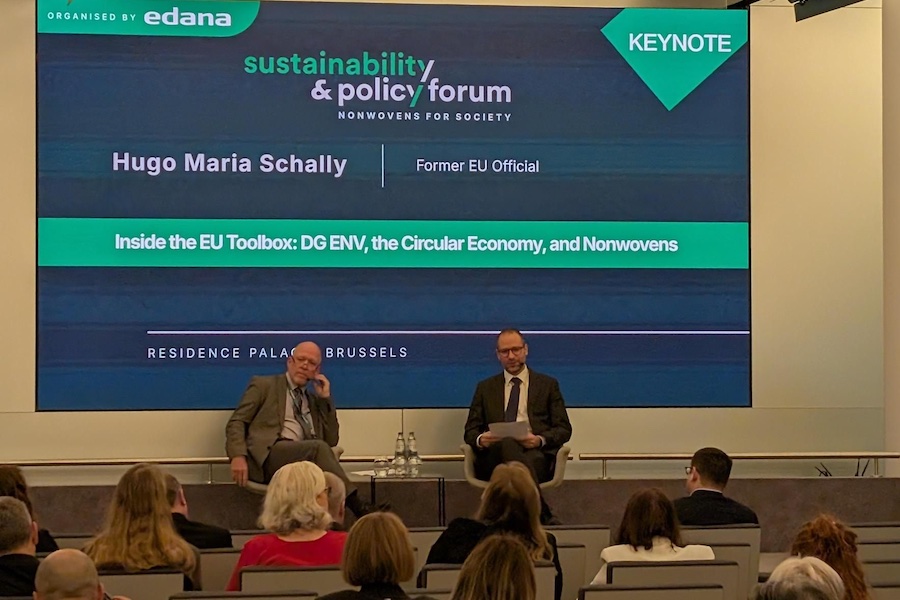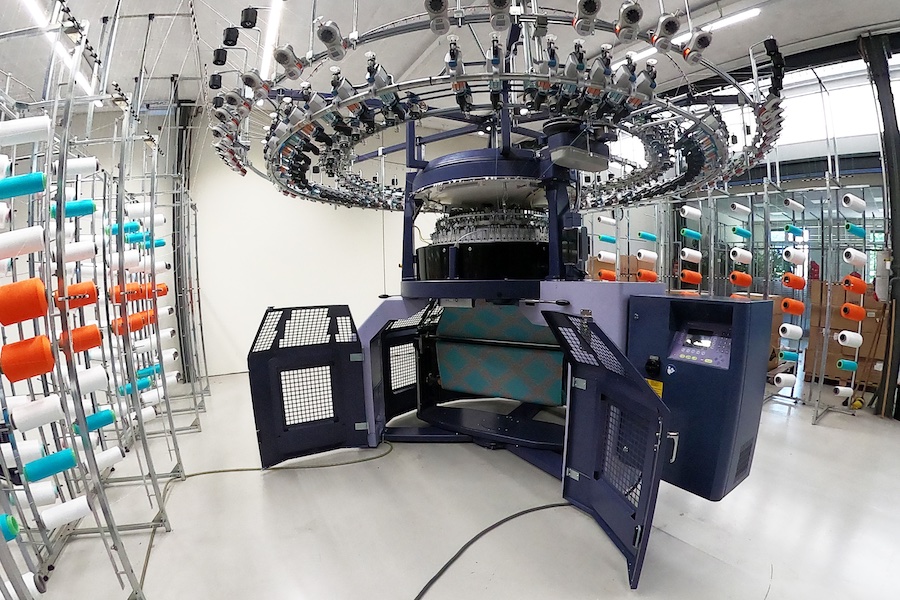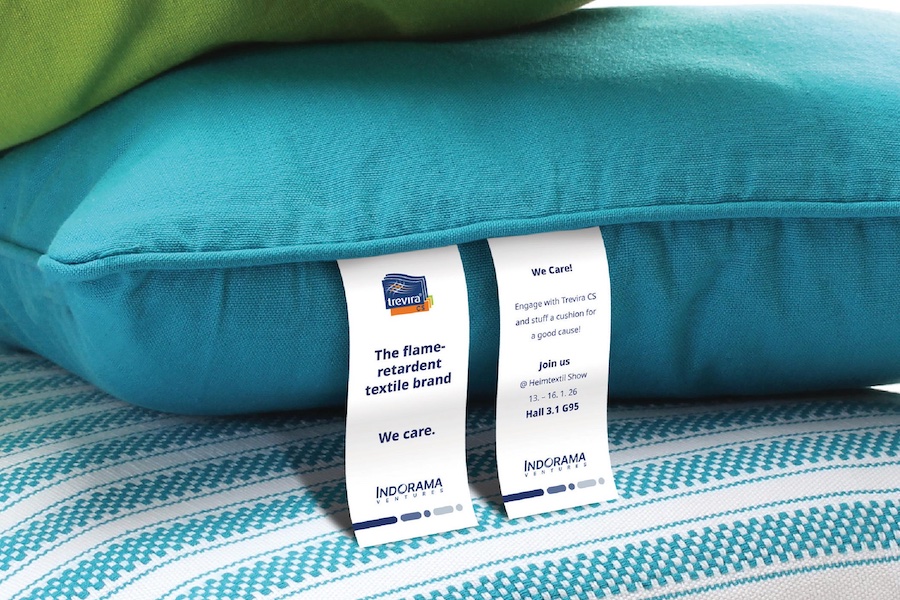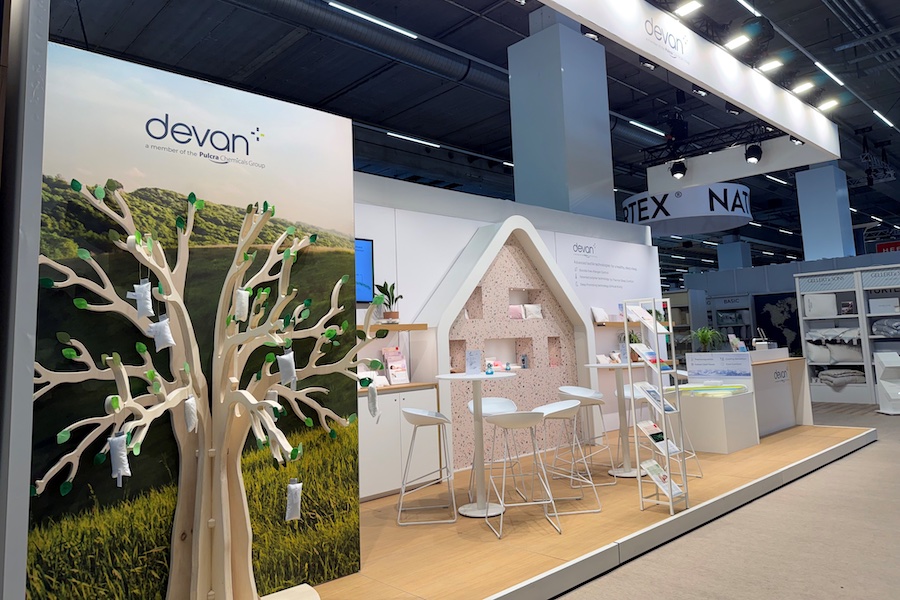#Sustainability
BASF Performance Materials co-creates the sustainable future with its customers
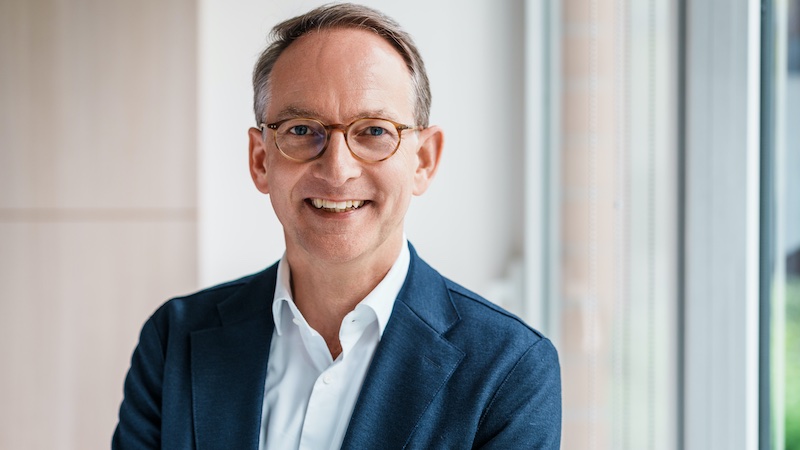
"We want to enable our customers’ transformation by offering a portfolio with lower carbon footprint and diverse circular solutions. We work through the entire lifecycle of plastics to make them more sustainable: from how to produce plastics more resource-efficiently, to how to improve their use, to how to give them a new life” says Martin Jung, President BASF Performance Materials. “We call this transformation #ourplasticsjourney. With our roadmap, we are laying an important foundation to make this transformation go faster.”
Accelerating the journey towards carbon neutrality and climate protection
BASF has set clear targets to reduce carbon emissions by 25% by 2030 compared to 2018 (scope 1 and 2[1]) and by 15% compared to 2022 for the scope 3.1[2], with the goal of achieving carbon neutrality by 2050. The first and imperative step of the company’s carbon management strategy is to increase the use of green electricity.
“In 2023 already, more than one-third of our Performance Materials sites worldwide were running on green electricity and we are making relentless efforts to switch them all completely by 2025”, says Martin Jung, President, BASF Performance Materials.
Green electricity also plays an essential role earlier in BASF's value chain, particularly in the scope 3.1. One of BASF's suppliers, 3B Fibreglass, supplies the company with glass fibers that are used as reinforcement for thermoplastic and thermoset polymers. By utilizing solar panels to generate electricity, 3B Fibreglass significantly reduces its carbon emissions. As a result, the glass fiber’s reduced product carbon footprint is transferred to BASF's products and ultimately to its customers. This showcases the potential of a circular economy when all stakeholders are committed to sustainability.
Supporting customers with certified sustainable solutions
BASF is actively certifying its manufacturing sites globally with the International Sustainability and Carbon Certification (ISCC) PLUS and REDCert². Most Performance Materials sites are certified in at least one scheme and additional sites will be certified in all regions by the end of 2024.
These schemes certify the amount of renewable raw materials that is attributed to biomass balanced (BMB) products. These renewable feedstocks replace a part of the fossil raw materials necessary for the production at the very beginning of the value chain. The process ensures identical product quality and properties. Thus, customers can use the materials as drop-in solutions. The same applies to chemically recycled feedstocks like pyrolysis oil from scrap tires or mixed plastic waste.
“Today, a majority of our product portfolio is already available based on renewable feedstocks and with significantly lower or even net-zero product carbon footprints. We want to support customers as early as possible on the journey to meet their sustainability targets and offer diverse circularity options”, adds Matthias Scheibitz, Head of Sustainability, BASF Performance Materials.
Ambitious target for a more circular product portfolio
To increase the use of circular feedstock in its product portfolio, BASF is looking into the most promising mass balance solutions, thereby meeting customer expectations from all industries. On its sustainability journey, BASF Performance Materials commits to reaching at least 20% of circular economy sales by 2030 (via products that support the substitution of fossil by circular feedstock by at least 20%). A strong contributor to this target already is BASF’s biopolymer portfolio which is the optimal solution for certified compostable packaging and agricultural applications. Biopolymers contribute to closing the biological loop by reducing food waste, increasing organic recycling of organic waste, returning nutrients to the soil and avoiding the accumulation of microplastics in agricultural soil.
Wide range of commercially available sustainable solutions and co-creations
BASF Performance Materials views co-creation with customers and partners from all along its diverse value chains as the cornerstone of sustainability efforts within the plastics industry. “For us, it is essential to offer our customers commercial and series-ready, sustainable solutions and inspire them with what is possible today.” says Jung.
Circularity needs to be deeply embedded into the product design phase. As an example, BASF Performance Materials has recently developed an innovative polyurethane (PU) foam technology that enables simplified and scalable mechanical recycling. First steering wheel prototypes using this new technology were recently presented publicly in Europe and in China.
The Siemens SIRIUS 3RV2 circuit breaker is the first electrical safety product to include components from biomass-balanced plastics where fossil feedstock at the beginning of the value chain is replaced by biomethane derived from renewable sources such as agricultural waste. In a similar way, BASF collaborated on the Steelcase’s Flex Perch Stool using plastics derived from a chemical recycling process, preventing incineration or landfill. In other cases, bio-based and recycled raw materials are used complementarily. Developed with Mercedes-Benz AG, the door handle and the crash absorber of the Mercedes-Benz S-Class combine pyrolysis oil from scrap tires and biomethane from organic waste to replace fossil raw materials in manufacturing these plastics with virgin material properties.
For the packaging industry, BASF is also offering a way to increase the use of renewable feedstocks. Its portfolio of certified compostable biopolymers now includes a biomass-balance grade. Next to being organically recyclable, it also shows a 60% lower Product Carbon Footprint (PCF) than the respective standard grade.
Finally, a comprehensive portfolio of engineering plastics and polyurethanes with a significantly reduced carbon footprint (PCF) is available. Some of these LowPCF products reach a CO2 footprint close to zero, proving once again that a sustainability future with plastics is within reach.
For more information:
https://plastics-rubber.basf.com/global/en/performance_polymers/sustainability.html







